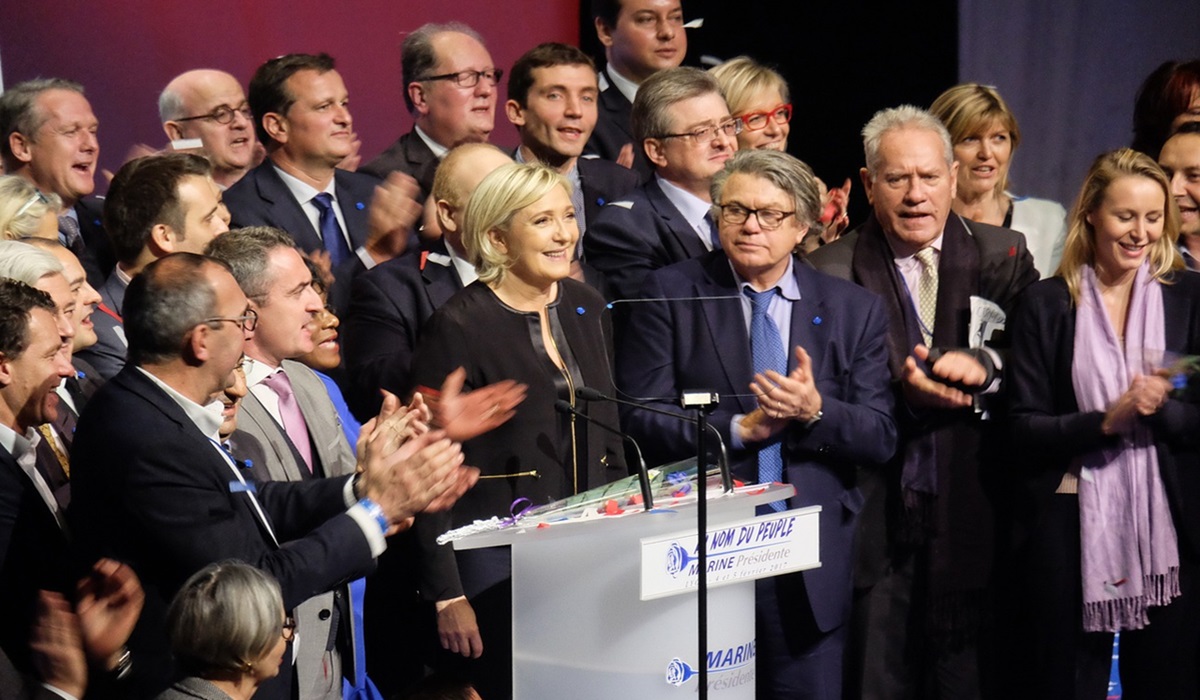Image credit, Grégory Roose
The relationship between those in power and the electorate is a delicate one. The psyche of the electorate becomes a crucial factor when those in positions of authority appear to be out of touch with the prevailing sentiments and concerns of the populace. The question that arises is: How should the people respond when those entrusted with representing their interests seem oblivious to the pulse of the nation?
One glaring example of this disconnect is evident in the global outcry for a ceasefire in Palestine. As the world witnesses the devastating conflict, countries like the United States, the United Kingdom, Germany, and, to a lesser extent, Canada, have chosen to diverge in their responses. While nations such as the UK and Germany continue to extend unwavering support for Israel, the US hesitates to call for a ceasefire. Canada, facing internal strife over its stance, attempts to distance itself from Israel, particularly after the International Criminal Court ruled that Israel is committing possible genocide.
This stark contrast between public sentiment and official response extends beyond international relations. Issues like gun control and universal healthcare have been at the forefront of public discourse, with citizens marching and demanding tangible change. Yet, the deafening silence from those in power on these matters is palpable. The very individuals who claim to listen to the people are often the ones turning a blind eye to the urgent needs voiced by the electorate.
The disheartening reality is that, despite active efforts from the public to promote change, their pleas seem to fall on deaf ears. Those who once sought support from the people now appear to be moving in the opposite direction. This leads to a fundamental question: When do those in power start genuinely listening to the people they represent?
The frustration of the electorate is not unfounded. As promises are made during election cycles, only to be forgotten once in office, a sense of dismay permeates the public psyche. The very individuals who sought the trust and endorsement of the people are now perceived as betraying that trust by disregarding the issues that matter most to their constituents.
In contemplating the recourse available to the public, the question of ousting those in power or resorting to civil unrest arises. While democracy provides avenues for change, including regular elections, the question of effectiveness lingers. The democratic process, while designed to be a reflection of the people’s will, can become a tool manipulated by those in power to maintain the status quo. The challenge lies in harnessing the power of the vote to bring about meaningful change rather than perpetuating a cycle of broken promises and unfulfilled expectations.
Civil unrest, while a drastic measure, historically serves as a potent catalyst for change. However, it is imperative to tread carefully, recognizing that the line between peaceful protest and upheaval is thin. The goal should be to channel discontent into constructive dialogue, urging those in power to address the issues that matter most to the people they serve.
The disconnect between those in power and the electorate underscores the need for a reevaluation of the democratic process. The burden falls on both citizens and those in positions of authority to bridge this gap, fostering an environment where promises are kept, and actions speak louder than words. As we navigate the complex landscape of democracy, it becomes evident that the true strength lies in the ability to hold those in power accountable, ensuring that the voices of the people are not only heard but heeded.
In the words of Winston Churchill, “Democracy is the worst form of government, except for all the others.” This statement reminds us that, despite its flaws, democracy remains a beacon of hope. However, for it to truly flourish, the onus is on those in power to genuinely listen, understand, and act in the best interests of the people they represent.









